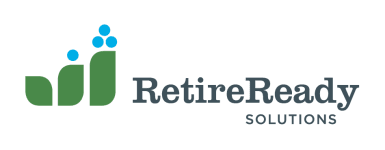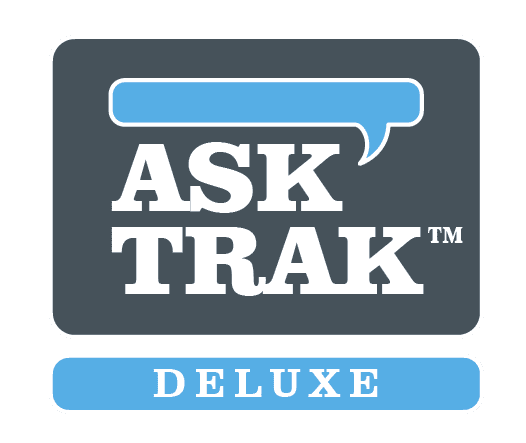American financial literacy is worse than I anticipated. A recent survey conducted by FINRA asked survey participants five questions related to everyday financial and economic topics. The survey found that 63% of respondents answered three or fewer questions correctly.
In a similar Retirement Income Literacy Survey conducted by the American College of Financial Services, 80% of respondents failed the included quiz (failure was answering 60% or less correctly). Despite this miserable level of financial literacy, 91% of survey respondents were at least moderately confident they would have a successful retirement with 55% considering themselves well-prepared. What concerns me about this survey is that they focused on those between 60 and 75 years of age with at least $100,000! Ouch.
What about the other end of the age spectrum? How do younger Americans perceive their financial literacy and preparedness? In 2016, Bank of America and USA Today surveyed 18 to 26-year-olds to gauge their feelings and knowledge of financial matters. In general, the group felt optimistic (70%) about their financial future despite acknowledging that they had deficiencies in their financial knowledge. The survey report stated that “more than four in ten young Americans who attended college either somewhat or completely disagreed when asked if their college education had prepared them for the ‘real world’.”
The survey participants were asked what they wish they had learned about in school:
-
-
- How to invest – 43%
- How to do taxes – 40%
- How to manage monthly bills – 26%
- How to negotiate a salary – 22%
- How to save for retirement – 21%
- How to buy a home – 21%
- How to prepare for a job interview – 21%
- How to not spend more than you make – 20%
- How to find a job – 19%
- How to manage student loans – 18%
- How to be an effective public speaker – 13%
- How to cook – 12%
- How to navigate the workplace – 10%
- How to work in teams – 5%
- How to do laundry and other household chores – 4%
- Other – 3%
-
Aside from the surprise that young adults don’t know how to do their laundry, there are few surprises on this list (there are many older adults who don’t know how to do some of these things!) The list does reveal an amazing opportunity for financial advisors, financial wellness educators, and parents to provide meaningful financial education. At least seven items from the list are things that could be discussed as part of the financial planning process.
The opportunity is especially exciting as it offers the chance to help the next generation feel confident about life’s major financial issues and empowered to make wise financial decisions early on in their adult life. This is all the more important as these younger generations face a more bleak economic and employment landscape than previous generations. The good news is that younger Americans are looking for help understanding and managing their finances. As we reported in a previous blog post, 87% of millennials polled in a recent survey want a financial advisor to meet with them in person.
This is great news! So how can you engage this next generation and educate them about wise financial decisions? Let’s look at three tips:
Understand the mindset and financial reality of younger Americans
Many of them cannot remember the days before the global recession and grew up in a post-9/11 world. This has shaped how this generation views the world. Many are saddled with crippling student debt and are struggling to find jobs. Young Americans take a lot of criticism from us older generations but we can do a better job understanding where they are coming from. One way to reach a better understanding regarding their views on finances is to read some millennial personal finance blogs. The XY Planning Network has a list to get you started.
Taylor your advice to their needs
Younger Americans are probably less concerned about retirement tax strategies and estate planning. They are more interested in how to make a budget, how to make good choices about their 401(k), and whether to prioritize paying off student loans or making retirement contributions. Focus on the issues that are most important to them.
Look for opportunities to offer your expertise
Your children or younger relatives are looking for help in these areas, even if they don’t ask you for it. Take the initiative to open up the conversation. Look for opportunities to speak at your local high school or college about basic financial literacy topics. Another opportunity to get involved is the Financial Planning Association’s Pro-bono Program.
Engaging and educating our youth about financial matters can make a world of difference in their lives and may have a real impact on our communities and country as these young Americans begin to take leadership roles in industry and government down the road. They may not have learned a lot about money in school but it’s not too late, let’s give them the best chance of success that we can!
If you’re looking for educational retirement software to help with the job, The Retirement Analysis Kit has several solutions that engage younger savers particularly well, such as our Contribution Analysis tool (found in the Quick Gap and Gap Calculators), and Interest Calculator. Check them out!
Download a Free Trial of our TRAK Software Today!
Blog Link References:
https://web.archive.org/web/20170217001452/http://www.usfinancialcapability.org/results.php#financial-knowlege
https://web.archive.org/web/20210928164948/https://retirement.theamericancollege.edu/research/ricp-retirement-income-literacy-survey
Retirement Income Literacy Survey Summary PDF
Retirement Income Literacy Survey Full Report PDF
https://web.archive.org/web/20170312225117/http://about.bankofamerica.com/assets/pdf/BOA_BMH_2016-REPORT-v5.pdf
Bank of America/USA TODAY Better Money Habits® Report PDF
https://web.archive.org/web/20170304154742/https://blog.xyplanningnetwork.com/consumer-blog/personal-finance-blogs-for-millennials
https://web.archive.org/web/20200806173309/https://www.financialplanningassociation.org/lead/pro-bono/volunteer-resources



